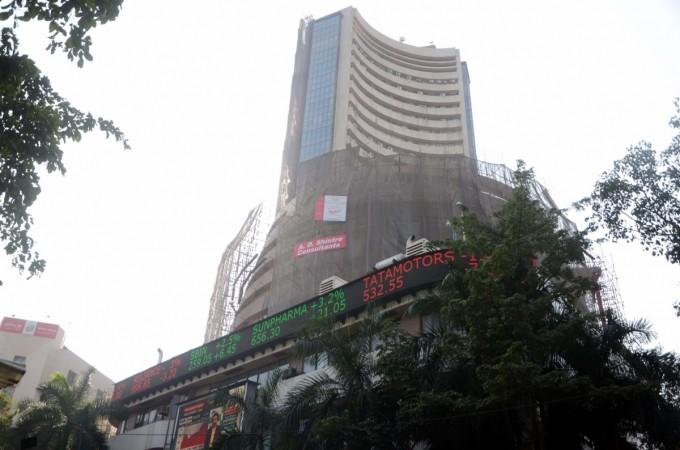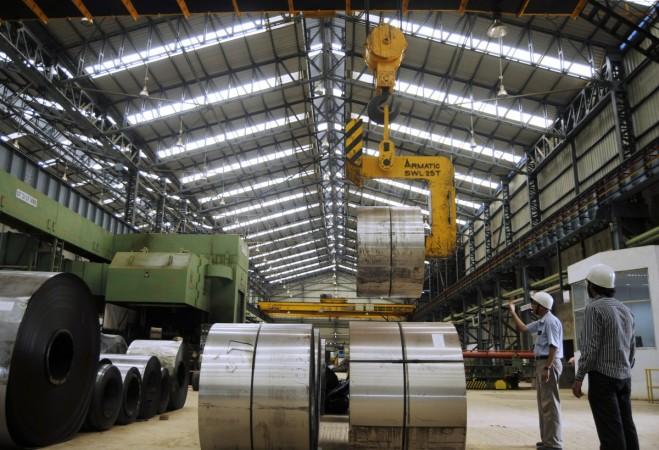
Update at 9.38 AM: Infosys shares were down 2.5 percent to Rs 944.50 after the company's flattish Q4 results and dollar revenud guidance of 6.5-8.5 percent for 2017-18.
The BSE Sensex was down 0.23 percent to 29,575. Top index losers were Infosys, Adani Ports, Tata Steel and TCS.
The BSE Information Technology index was down 1.51 percent.
Earlier story:
Indian stock markets are likely to take cues from IT services company Infosys on Thursday, the last trading day for this week. Retail inflation for March 2017 and factory output data for February 2017 would also influence investor sentiments.
Infosys will be declaring its March 2017 (Q4) and FY2017 results and give revenue guidance for the current fiscal (2017-18); these would determine the share price of not just the company but also for the entire IT pack comprising Wipro, TCS, HCL Technologies, Tech Mahindra and others.
Retail inflation in India rose to 3.81 percent in March from 3.65 percent in the previous month, but still remained below the RBI's target of ~5 percent. On the other hand, factory output for February showed a 1.2 percent decline, after the 2.7 percent increase in January.
Factory output for February dropped 1.2 percent after witnessing 2.7 percent growth in the previous month. From a sectoral viewpoint, 15 out of the 22 industry groups recorded a fall on a year-on-year basis, the government said in the update for index for industrial production (IIP), or factory output.

"The cumulative growth for the period April-February 2016-17 over the corresponding period of the previous year stands at 0.4 percent," the official statement said.
DBS Bank economist Radhika Rao said the output could pick up this fiscal on a slew of positive factors. "This suggests in part production trends are yet to shake-off the demonetisation impact, but is likely to fare better in FY17/18 as demand picks-up on wage hikes, restocking demand, better export performance and public capex spending," she said in a note on Thursday.
On Wednesday, the markets closed in the red, with the Sensex ending 145 points down at 29,643 while the NSE Nifty closed at 9,203, down 33 points.
Foreign institutional investors (FIIs/FPIs) were net sellers of Indian equities worth Rs 581 crore while domestic institutional investors (DIIs) were net buyers at Rs 701 crore.
In other news, the combined assets under management (AUMs) of India's 43 MFs fell marginally to Rs 17.55 lakh crore at the end of March 2017 when compared to Rs 17.89 lakh crore as of February 28, 2017.
Net inflows into ELSS tripled to Rs 2,906 crore from Rs 997 crore in February and Rs 1,166 crore in January 2017. The net inflows into equity schemes dipped to Rs 5,307 crore from Rs 5,465 crore in February 2017.








![BJP fields Tashi Gyalson for Ladakh; drops sitting MP [details]](https://data1.ibtimes.co.in/en/full/797185/bjp-fields-tashi-gyalson-ladakh-drops-sitting-mp-details.jpg?w=220&h=138)






